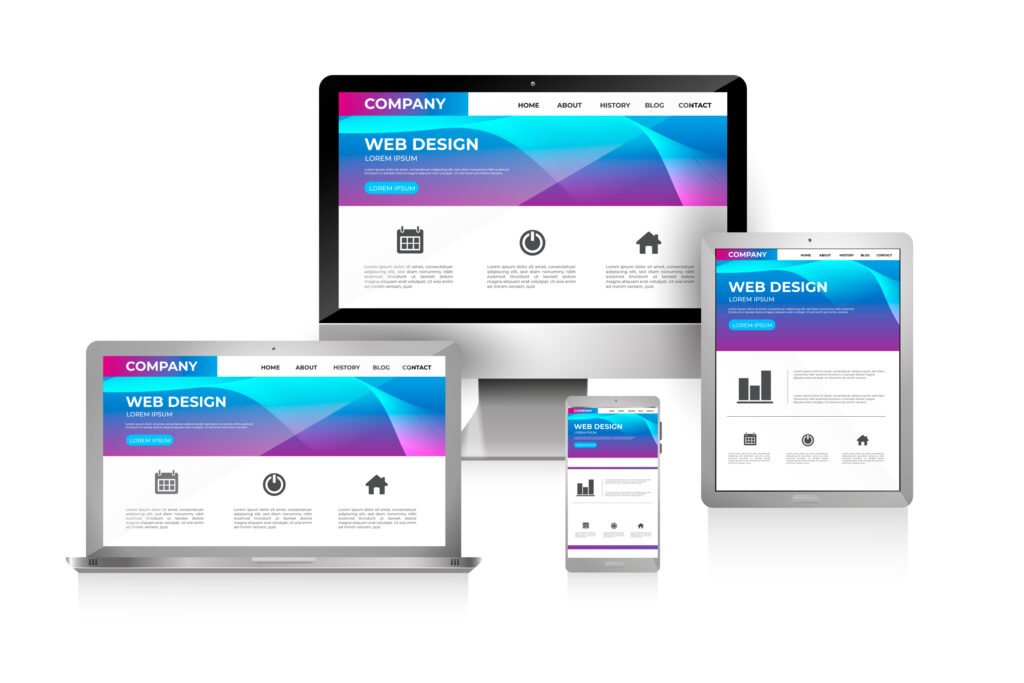Content Management Systems (CMS) in Web Development

Content Management Systems (CMS) have emerged as indispensable tools for creating, managing, and publishing digital content with ease and efficiency. Among the myriad of CMS platforms available, WordPress, Joomla, and Drupal stand out as leading contenders, each offering unique features, functionalities, and user experiences. In this comprehensive guide, we’ll delve into the intricacies of these popular CMS platforms, comparing and reviewing their strengths and weaknesses, and providing step-by-step tutorials on building websites with WordPress, Joomla, and Drupal. Whether you’re a novice looking to establish an online presence or a seasoned developer seeking to optimize your workflow, this blog will serve as your definitive resource for harnessing the power of CMS in web development.



1. Understanding Content Management Systems (CMS)
Content Management Systems (CMS) are software platforms that enable users to create, manage, and publish digital content without the need for extensive coding knowledge. With intuitive interfaces and built-in features such as content editing, media management, and user authentication, CMS platforms empower individuals and organizations to establish robust online presences with minimal technical expertise.
2. Comparing Popular CMS Platforms: WordPress, Joomla, and Drupal
WordPress:
- WordPress is the most widely used CMS platform globally, known for its user-friendly interface, extensive plugin ecosystem, and vast community support.
- Ideal for bloggers, small businesses, and non-technical users, WordPress offers a plethora of themes and plugins that allow for easy customization and scalability.
- With its intuitive WYSIWYG editor and extensive documentation, WordPress simplifies content creation and management, making it accessible to users of all skill levels.
Joomla:
- Joomla is a versatile CMS platform favored by developers and power users for its robust features, flexible architecture, and strong community presence.
- Offering advanced user management capabilities, multilingual support, and a built-in access control system, Joomla is well-suited for building complex websites and web applications.
- While Joomla’s learning curve may be steeper compared to WordPress, its extensive customization options and extensibility make it a preferred choice for projects requiring high levels of customization and functionality.
Drupal:
- Drupal is an enterprise-grade CMS platform renowned for its scalability, security, and extensibility, making it the preferred choice for large-scale websites and applications.
- With its modular architecture and robust API, Drupal provides developers with unparalleled flexibility and control over their projects, allowing for seamless integration with third-party systems and services.
- While Drupal’s advanced features may require a higher level of technical expertise, its powerful capabilities make it a go-to solution for organizations seeking to build complex, mission-critical web applications.
3. The Role of CMS in Modern Web DevelopmentThe Role of CMS in Modern Web Development
In today’s digital landscape, where the demand for dynamic and interactive web experiences is ever-growing, Content Management Systems (CMS) play a pivotal role in facilitating the creation and management of web content. With CMS platforms, individuals and organizations can easily publish articles, images, videos, and other multimedia content without the need for extensive coding knowledge or technical expertise. This democratization of content creation empowers users to establish online presences, share information, and engage with audiences across the globe, fueling the proliferation of websites across diverse industries and sectors.
4. Versatility and Customization Options
One of the key strengths of CMS platforms lies in their versatility and customization options. Whether you’re building a personal blog, an e-commerce storefront, a corporate website, or a community forum, CMS platforms offer a wide range of templates, themes, and plugins that cater to various use cases and design preferences. From minimalist designs to intricate layouts, users can customize their websites to reflect their unique brand identities and meet their specific functionality requirements. Additionally, the modular nature of CMS architectures enables developers to extend and enhance core functionalities through the integration of third-party extensions and custom code, providing endless possibilities for innovation and creativity.
5. Streamlined Content Management Workflows
CMS platforms streamline content management workflows, allowing users to create, edit, and publish content in a collaborative and efficient manner. With features such as user roles and permissions, content approval workflows, and version control, CMS platforms facilitate seamless collaboration among content creators, editors, and administrators, ensuring content integrity and consistency across the website. Moreover, content scheduling and publishing capabilities enable users to plan and automate content updates, promotions, and announcements, enabling timely and relevant communication with audiences and stakeholders.
6. Scalability and Performance Optimization
Scalability is a critical consideration in web development, particularly for websites experiencing rapid growth in traffic and content volume. CMS platforms offer scalability features such as caching mechanisms, database optimizations, and content distribution networks (CDNs) that enhance website performance and ensure optimal user experiences even under heavy loads. By leveraging these scalability features, website owners can accommodate increasing traffic demands, scale their websites seamlessly, and deliver fast, responsive experiences to users across devices and platforms.
7. SEO-Friendly Architecture
Search Engine Optimization (SEO) is essential for improving visibility and driving organic traffic to websites. CMS platforms are designed with SEO best practices in mind, offering features such as customizable URLs, meta tags, XML sitemaps, and responsive design templates that enhance website discoverability and ranking on search engine results pages (SERPs). Additionally, CMS platforms provide plugins and extensions for advanced SEO optimization, keyword analysis, and content optimization, empowering users to implement effective SEO strategies and maximize their online presence.
8. Security and Compliance
Security is a top priority for website owners, particularly in light of increasing cyber threats and data privacy regulations. CMS platforms prioritize security and compliance by implementing robust security measures such as user authentication, data encryption, and security patches and updates. Additionally, CMS platforms offer tools and features for monitoring website security, detecting vulnerabilities, and mitigating risks, ensuring that websites remain secure and compliant with industry standards and regulations.
Final thoughts
Content Management Systems (CMS) are indispensable tools in modern web development, empowering users to create, manage, and publish digital content with ease and efficiency. With their versatility, customization options, streamlined workflows, scalability features, SEO-friendly architecture, and robust security measures, CMS platforms provide a comprehensive solution for building dynamic and engaging websites that meet the evolving needs of users and businesses alike. Whether you’re a content creator, developer, or website owner, mastering the intricacies of CMS platforms is essential for unlocking the full potential of the web and delivering impactful online experiences that resonate with audiences around the world.
Contact Us
Our Web Development Services
UX/UI Website Development, Website Management, & Grow your Audience


Custom build or from a theme, we use the best and most up-to-date development software to ensure you have a website which is user-friendly, Mobile Responsive and easy to Navigate on any device.
Website Services
- Custom Web Development
- E-Commerce Shops
- Business Websites
- Landing Pages & Banner Sites
- CMS (Content Managment Systems)
- Script Development
- SEO (Search Engine Optimization)
- Payment Gateway Integration
- HTML Newsletters & Mailers
- Hosting & Server Assistance/Management
- PHP
The Tools
- WordPress
- Shopify
- WIX
- Webflow
- REACT
” Using decades worth of knowledge and experience, we will help you achieve your online goals easily and efficiently.”
One Media Digital Solutions
At One Media Digital Solutions we’re committed to transforming your vision into reality. Our team of skilled professionals strives for excellence in every project we undertake. Whether it’s crafting innovative software solutions, designing captivating websites, or building robust applications, we’re here to exceed your expectations.
Quick Contact
Email us


Want a Quote? Have a Quick Question? Need a Quick Answer?
Want a Quote?
Have a Quick Question? Need a Quick Answer?
Message us and we will get back to you as soon as we can..
